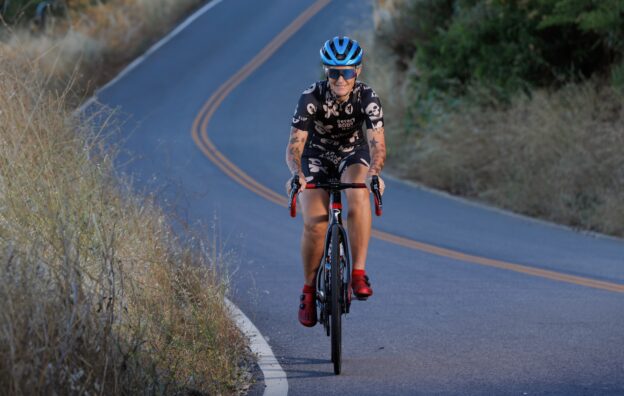Incorporating low-impact exercises such as walking, swimming, dancing, yoga, cycling, or bike riding can greatly benefit individuals looking to improve their mental health or manage addiction recovery.
However, embarking on any fitness journey can be daunting, especially if you have a low threshold for exercise or a less-than-enthusiastic attitude towards physical activity.
Understanding the Barriers
Understanding the barriers to physical activity is crucial. Rigorous workouts and high-intensity exercise can be overwhelming for many people, especially those with sedentary lifestyles, low fitness levels, or who dislike traditional workouts.
Recognizing and respecting these limitations is the first step toward finding a sustainable and enjoyable exercise routine.
The Link Between Exercise and Mental Health
Numerous studies highlight the positive impact of exercise on mental health. Physical activity triggers the release of endorphins, natural mood enhancers that reduce stress hormones in the body.
If you are in addiction recovery, exercise can play a pivotal role in managing cravings and supporting overall well-being.
Finding the Right Fit
The key to overcoming exercise aversion is to find activities that align with individual preferences and comfort levels. Gentle forms of exercise can be just as effective in promoting mental health and supporting addiction recovery.
Here are some options to consider:
1. Walking
An easy, yet powerful low-impact way to get moving. Take a stroll in the neighborhood or go for a leisurely hike. Walking allows you to engage with your surroundings while benefiting your mental health.
2. Yoga
The combination of gentle movements, stretching, and mindfulness makes it an excellent choice for those with a low exercise threshold. Many find the meditative aspect of yoga helpful in managing stress and promoting mental clarity.
3. Swimming
A full-body workout with minimal impact on joints. The buoyancy of water makes it an ideal exercise for those with physical limitations or discomfort compared to traditional forms of exercise.
4. Dancing
What an enjoyable and liberating way to stay active for those who find joy in movement! Whether it’s a structured dance class or simply dancing to favorite tunes at home, the benefits extend beyond the physical.
5. Cycling or Bike Riding
Cycling is my favorite! An excellent option for those who enjoy the outdoors and want a low-impact, effective workout. Whether it’s a leisurely ride through the neighborhood or a more challenging trail, cycling allows you to engage with nature, enjoy fresh air, and experience the benefits of cardiovascular exercise.
Start Slow and Progress Gradually!
The key to sustainable exercise is to start slow and progress gradually. Setting realistic goals, such as short daily walks or a few minutes of gentle stretching, allows individuals to build a foundation without feeling overwhelmed.
Seek Support
Engaging in exercise is not a solitary journey! Finding a workout buddy or joining a supportive community can make the experience more enjoyable. Group activities like fitness classes, cycling teams, or walking groups provide social interaction, encouragement, and accountability.
For additional professional support with mental health struggles or substance use recovery, connect with me at Awakenings Treatment Center.
You Can Do It!
If you struggle with exercise (or have a negative attitude towards it), starting with gentle and enjoyable physical activity can help you improve your mental health and addiction recovery.
By identifying the barriers that prevent you from exercising, exploring different options, and gradually increasing your activity, you can experience the transformative benefits of movement.
It’s important to find activities that make you happy, support your well-being, and create a positive relationship with exercise.








